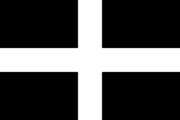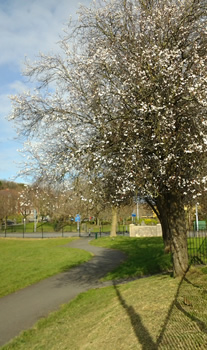The 2011 UK census found that Polish is the third most-spoken language in England and and Wales, after English and Welsh, and the second most-spoken language in England after English. According to a report in The Guardian, there are 546,000 speakers Polish in England and Wales, which is compared with the 562,000 people who report that they speak Welsh in Wales.
Statisticians who analysed data from the census found that in response to the question “what is your main language?” 104 different languages were listed, and 49 of them have 15,000 or more speakers. In England and Wales 8% of the population, or 4.2 million people, speak a language other than English as the main language. The most spoken languages after English, Welsh and Polish are Punjabi, Urdu, Bengali and Gujarati. There are also significant numbers of Arabic, French, Chinese and Portuguese speakers. Of the Chinese speakers, most list Hakka, Hunanese or other Sinitic languages as their main language, and fewer list Mandarin or Cantonese. There were found to be particularly concentrations of Gujarati speakers in Leicester, Cantonese and Mandarin speakers in Manchester, Lithuanian speakers in Boston in Lincolnshire, Punjabi speakers in Slough, and Somali speakers in Brent in northwest London.
So if you’re in the UK and considering learning a foreign language, Polish might be a good choice, or maybe another language that is widely spoken in the area where you live. In London you have a choice of over 100 languages in most boroughs.
Another article I found in The Guardian today talks about a primary school in Peterborough where 20 different languages are spoken among the pupils, but none of them speaks English as a mother tongue. The headmistress, who has worked in Pakistan and speaks Urdu, doesn’t see this as a problem but rather celebrates the diversity of the school and does everything possible to ensure that children do well. Many of the teaching assistants in the school are bilingual; new pupils are paired with older pupils who speak their language in a buddy system, and there are arrangements with other local schools where the pupils can learn alongside others who speak English as a native language.

